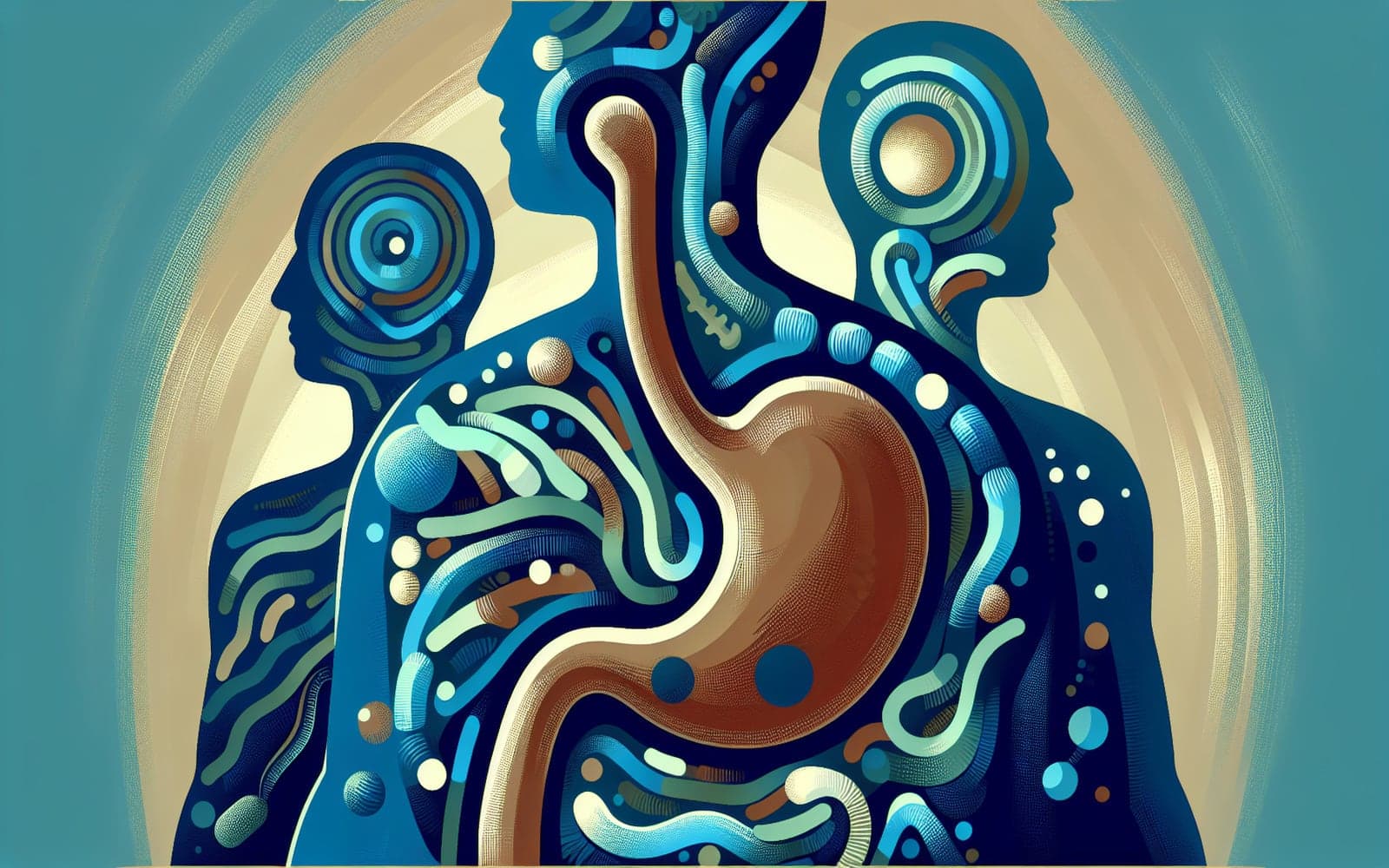H. pylori Infection: What You Need to Know About This Stomach Bug
H. pylori Infection: What You Need to Know About This Stomach Bug
The Silent Invader
Helicobacter pylori, or H. pylori, is a common bacterial infection that affects millions worldwide. This article explores its impacts and why detection matters.
Contents
- Understanding H. pylori
- Health Impacts of H. pylori
- Who Should Get Tested?
- Treatment and Prevention
Understanding H. pylori
H. pylori is a spiral-shaped bacterium that lives in the stomach lining. It's incredibly common, affecting over half the world's population. Most people with H. pylori don't have symptoms, but the infection can lead to serious problems if left untreated. Think of it like a unwelcome guest that can damage your stomach over time.
Health Impacts of H. pylori
While many people with H. pylori have no symptoms, the infection can cause various issues. These include stomach ulcers, chronic gastritis (stomach inflammation), and even stomach cancer in some cases. H. pylori is like a troublemaker that can slowly chip away at your stomach health. It's also linked to unexplained anemia and some blood disorders.

Who Should Get Tested?
Not everyone needs H. pylori testing. Doctors typically recommend it for people with persistent stomach pain, ulcers, or other digestive issues. Testing is also important for those with a family history of stomach cancer or certain blood disorders. Think of H. pylori testing as a detective tool – it helps solve the mystery of unexplained stomach problems.
Treatment and Prevention
If you test positive for H. pylori, don't panic! The infection is treatable with a combination of antibiotics and acid-reducing medications. Treatment usually lasts about two weeks. To prevent reinfection, practice good hygiene and be cautious about food and water sources in areas with poor sanitation. Treating H. pylori is like evicting that unwelcome guest and repairing any damage they've done.
FAQs
Is H. pylori contagious?
Yes, it can spread through close contact or contaminated food/water.
Can H. pylori come back after treatment?
Yes, reinfection is possible but not common.
Does everyone with H. pylori need treatment?
Not always, but treatment is recommended for most diagnosed cases.
Can H. pylori cause weight gain?
There's no strong evidence linking H. pylori to weight gain.
How long does H. pylori treatment take?
Typically about 14 days of antibiotic therapy.
Taking Action
Understanding H. pylori empowers you to take charge of your stomach health and seek appropriate care when needed.
Additional References
- NIH Consensus Conference. JAMA. 1994;272:65-69.
- Chey WD, et al. Am J Gastroenterol. 2007;102:1808-1825.
- Malfertheiner P, et al. Gut. 2012;61:646-664.
This article has been reviewed for accuracy by one of the licensed medical doctors working for Doctronic.











